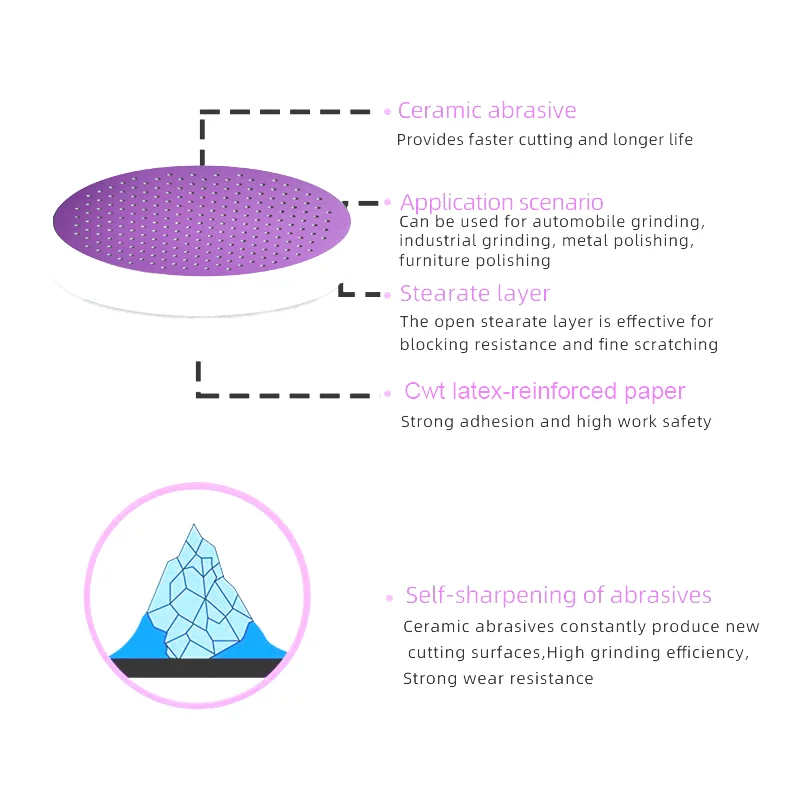Unmasking the Mystery: Why Do I Still Stink Even with Deodorant?
When it comes to personal hygiene, few topics are as perplexing as body odor, especially for those who diligently apply deodorant yet still find themselves battling unpleasant smells. This phenomenon can be frustrating and embarrassing, leading many to question the effectiveness of their chosen products. In this article, we will explore the multifaceted reasons behind persistent body odor despite the use of deodorant, offering insights into the science of sweat, the role of bacteria, and practical solutions to help you stay fresh.
Understanding Body Odor: The Science Behind Sweat
To comprehend why deodorants sometimes fail, it’s essential to understand the biology of sweat. The human body has two primary types of sweat glands: eccrine and apocrine. Eccrine glands are responsible for regulating body temperature through the secretion of a clear, odorless fluid primarily composed of water and salt. In contrast, apocrine glands, located in areas such as the armpits and groin, produce a thicker, milky fluid that is rich in proteins and lipids. This type of sweat is odorless until it comes into contact with skin bacteria.
When sweat from apocrine glands is broken down by bacteria on the skin, it produces volatile compounds that can lead to body odor. This is where deodorants come into play. Most deodorants contain antimicrobial agents designed to reduce bacterial growth, thereby minimizing odor. However, several factors can contribute to the ineffectiveness of these products.
Factors Contributing to Persistent Body Odor
- Product Selection: Not all deodorants are created equal. Some may contain insufficient antimicrobial agents, while others might not be formulated to combat the specific types of bacteria present on your skin. Additionally, antiperspirants, which contain aluminum compounds to block sweat glands, may be more effective for some individuals than standard deodorants.
- Skin pH and Microbiome: The skin's pH level and its unique microbiome can significantly influence body odor. A higher skin pH can create an environment conducive to bacterial growth, leading to increased odor. Furthermore, an imbalance in the skin's microbiome—caused by factors such as diet, hygiene practices, or the use of harsh soaps—can exacerbate odor issues.
- Dietary Influences: What you eat can have a profound impact on your body odor. Foods rich in sulfur, such as garlic and onions, can lead to more pungent sweat. Similarly, spicy foods and alcohol can alter the composition of sweat, making it more odorous. A diet high in processed foods and low in fruits and vegetables may also contribute to an imbalance in gut bacteria, further affecting body odor.
- Hormonal Changes: Hormonal fluctuations, particularly those related to puberty, menstruation, pregnancy, or menopause, can increase sweat production and alter its composition. This can lead to heightened body odor, even in individuals who typically do not experience this issue.
- Medical Conditions: Certain medical conditions, such as hyperhidrosis (excessive sweating), diabetes, or metabolic disorders, can lead to increased sweating and changes in body odor. If you notice a sudden change in your body odor or excessive sweating, it may be worth consulting a healthcare professional.
Practical Solutions to Combat Body Odor
- Choose the Right Product: Experiment with different types of deodorants and antiperspirants to find one that works best for you. Look for products that contain baking soda, activated charcoal, or natural antimicrobial ingredients like tea tree oil.
- Maintain Proper Hygiene: Regularly washing your underarms with antibacterial soap can help reduce the number of odor-causing bacteria. Consider showering more frequently, especially after workouts or during hot weather.
- Adjust Your Diet: Incorporate more fruits and vegetables into your diet while reducing the intake of sulfur-rich foods and processed items. Staying hydrated can also help dilute sweat and reduce odor.
- Consider Clothing Choices: Opt for breathable fabrics like cotton that allow sweat to evaporate more easily. Avoid synthetic materials that can trap moisture and bacteria.
- Consult a Professional: If body odor persists despite your best efforts, consider consulting a dermatologist or healthcare provider. They can help identify any underlying medical conditions and recommend appropriate treatments.
Conclusion
Persistent body odor despite the use of deodorant can be a complex issue influenced by various factors, including product selection, skin microbiome, diet, hormonal changes, and underlying medical conditions. By understanding the science behind sweat and odor, you can take proactive steps to address the issue effectively. Remember, finding the right solution may require some experimentation and patience, but with the right approach, you can regain your confidence and enjoy a fresher, more pleasant scent.
